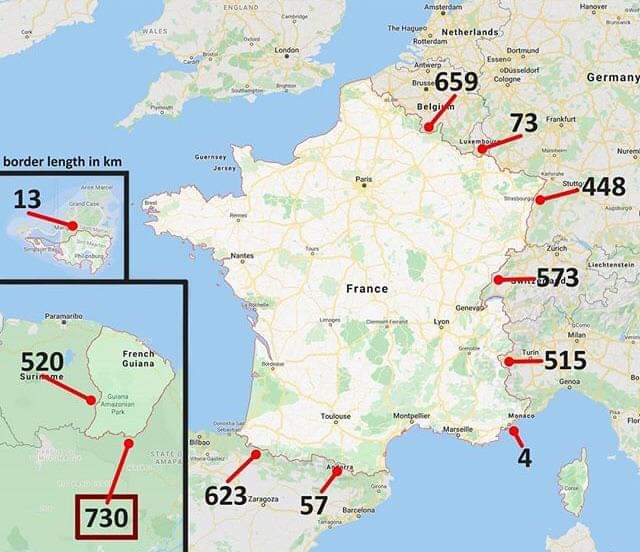this post was submitted on 25 Aug 2024
8 points (90.0% liked)
Map Enthusiasts
3423 readers
68 users here now
For the map enthused!
Rules:
-
post relevant content: interesting, informative, and/or pretty maps
-
be nice
founded 2 years ago
MODERATORS
you are viewing a single comment's thread
view the rest of the comments
view the rest of the comments

Well, quantum mechanics is continuous, just in a way that often maps to discrete things when measured. I'm sure someone has written a research paper on quantum law, but I wonder if anyone who actually knows quantum mechanics has.
It is only continuous because it is random, so prior to making a measurement, you describe it in terms of a probability distribution called the state vector. The bits 0 and 1 are discrete, but if I said it was random and asked you to describe it, you would assign it a probability between 0 and 1, and thus it suddenly becomes continuous. (Although, in quantum mechanics, probability amplitudes are complex-valued.) The continuous nature of it is really something epistemic and not ontological. We only observe qubits as either 0 or 1, with discrete values, never anything in between the two.
Sure, but if you measure if a particle is spin up or spin down in a fixed measurement basis, physically rotate the particle, and then measure again the amplitudes change continuously. You could also measure it in another basis, which themselves form a continuous family, and get a similarly logical answer (although not independently of the first one). I don't know much about quantum field theory, but I do know that fields in it are continuous, just like they are in classical theories.
All in all, while quantum logic is part of what makes it continuous, I think I'd still stand by that it is continuous.